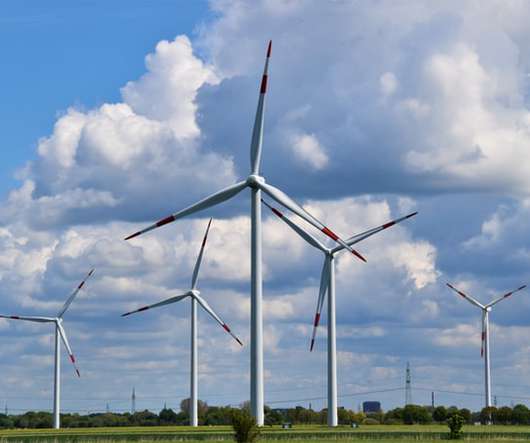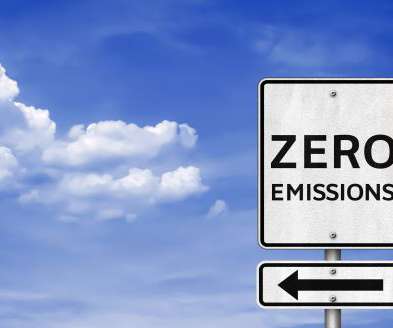How steel might finally kick its coal habit
Grist
FEBRUARY 3, 2021
Doing so is essential to limiting global warming to 1.5 In 2012, he co-founded Boston Electrometallurgical (a.k.a. And if the facility can use cheap, plentiful renewable electricity, perhaps from a hydropower plant, its steel would cost less than the competition. “At















Let's personalize your content